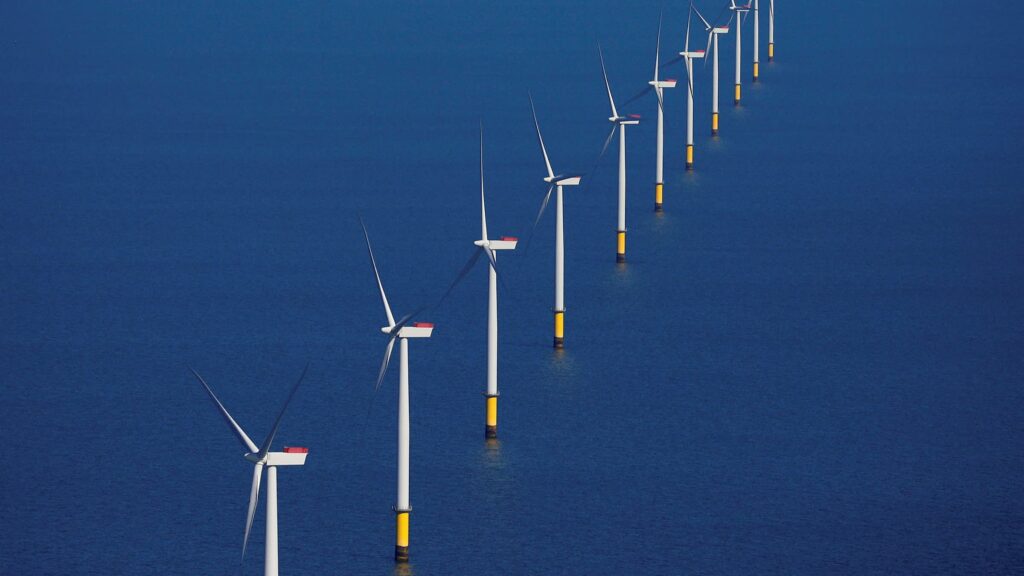Aviva Investors chief warns over rush into ‘overpriced’ green stocks

Green stocks are often overpriced and can offer investors limited scope for making a positive impact on the environment, the chief executive of Aviva Investors has argued.
“I believe that as a general strategy, buying brown and helping it to become green will deliver better investment returns, and it doesn’t matter what asset class you’re talking about,” Mark Versey told the Financial Times.
The investment arm of the UK-based insurer, which has £263bn in assets under management, considers sustainable investment the “North Star” principle guiding the company, and has been vocal about its intentions to vote against bosses who do not shape up on climate, human rights and biodiversity.
But the rush among asset managers to adopt sustainable investment has created pockets of extreme overvaluation, and is tilted too heavily in favour of stocks over debt, said Versey.
“You can buy some green assets today which are frankly overpriced,” he said.
Shares in electric vehicle company Tesla have gained more than 1,500 per cent in the past five years, while electric truckmaker Rivian is valued at $59bn since listing in November, despite producing only about 1,000 vehicles in 2021.
Interest in sustainable investing has exploded over the past few years, with assets in these strategies hitting a record $3.9tn in the third quarter of 2021, according to data from Morningstar.
But opinion is still divided over whether it is appropriate for sustainable investors to buy oil stocks, for example. Advocates say it is a meaningful way to push for change. Others warn it is often ineffective and that, ultimately, their business models are unsustainable, while some hedge funds have snapped up unloved fossil fuel stocks on the cheap.
“Defining what might be sensible as an investment definitely depends on the timeline. The longer the timeline, the less it makes sense to be holding truly brown assets [because] these are going to wind up being stranded assets,” said James Alexander, chief executive of the UK Sustainable Investment and Finance Association. “What’s good for the world is providing capital flows to green and transitioning assets, but what we really need to see is all investors being really active stewards of capital.”
Versey said investors should be acting as advocates across all asset classes.
“If you’re a bondholder you’ve got a huge voice, you could argue a louder voice because corporates are continually refinancing their operations, so if the cost of capital changes it actually hits the bottom line much sooner than the share price,” he said. “Share price affects the management incentive plan . . . whereas corporate [bonds] affect the borrowing costs.”
Earlier this month, Aviva Investors wrote to 36 finance ministers, including the top officials in the UK and US, asking them to adopt global climate disclosure standards and to raise 2030 national climate targets.
Policymakers including Mark Carney, former Bank of England governor, and François Villeroy de Galhau, France’s central bank chief, have said that failure to address climate impacts could wipe out as much as $20tn in assets globally.
Moral Money
Moral Money is our twice weekly newsletter covering sustainable business, finance and investing. Sign up here for breaking news and insightful analysis on this bubbling revolution.